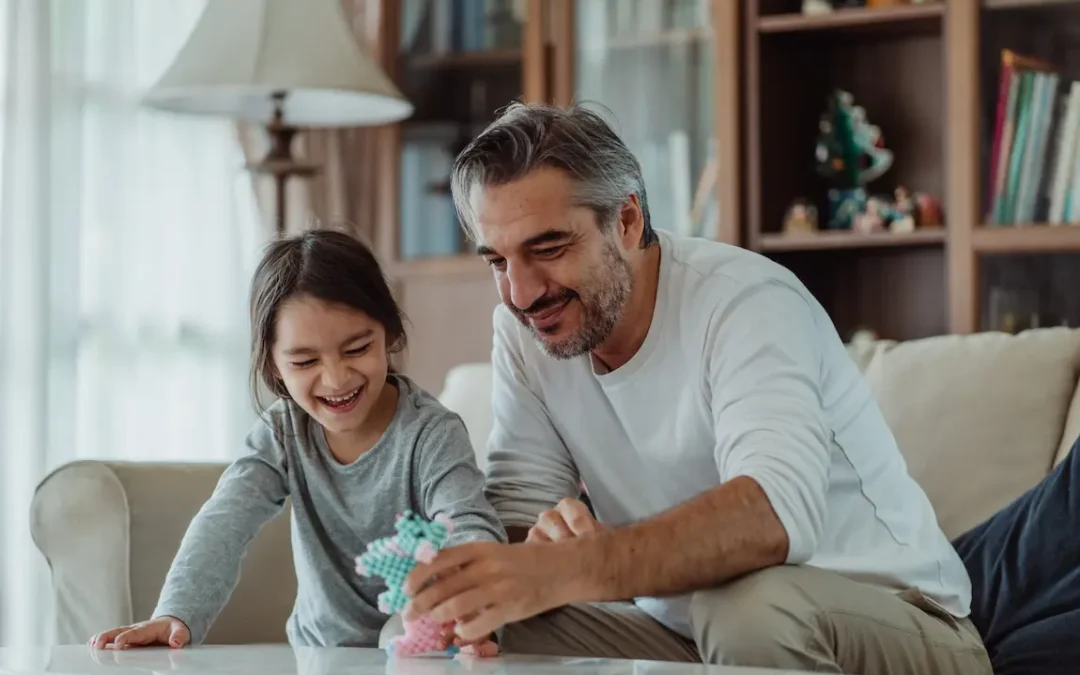When couples make the decision to divorce, they often agonize over telling their children. How long should you wait before breaking the news? What words should you use? How much should you explain or leave out, and how will you answer kids’ questions?
All of these fears are understandable, says Ann Gold Buscho, PhD. She provides guidance for divorcing parents in her article “How to Tell Your Kids You’re Getting a Separation or Divorce” in Psychology Today (Feb. 2020). Here are some of her tips for making this painful step a little easier for all involved:
Don’t delay: Tell your children promptly that you are planning to separate and divorce–lest they hear it from someone else first. Be sure to tell them a few days or more before one parent moves out.
Timing matters: Make sure kids will have some time to process the information and ask questions. For example, Saturday morning would be preferable to a school night before bed, or just before an important game or recital.
Get the tone right: Be calm, caring and respectful with your kids and with each other. It’s crucial for children to see that their parents can choose to no longer live together yet still be civil.
Say “we”: Sit down together when you tell your children, if possible (and as long as it’s safe for you to do so). Saying “we’ve decided” is better than casting one parent as the instigator, even if the decision to end the marriage was not mutual.
Take responsibility: Children need to know the decision to divorce is due to disagreements between the two of you as adults, and that it is not their fault in any way. Emphasize that they are loved and wanted, and that living apart doesn’t change that.
Don’t overshare: Kids don’t want or need to hear painful details of your struggles or emotions, whether anger or heartbreak. They shouldn’t feel pressured to take sides, or to view one parent as the “bad guy.” They also should not be privy to concerns about money.
Invite questions: Kids’ questions, especially if they’re younger, tend to be centered on what affects them directly: where they will live, if they can still go to the same school and play with their friends, and what will happen to family pets and even their toys. If you’re not sure, just say you’re figuring it out. Some children will have no questions at first. Reassure them they can come to you both at any time to discuss what’s on their mind.
Be available: After you break the news, consider spending some time together as a family to reinforce the idea that your child will still have both parents in their life.
Beware how you handle this initial conversation as it can affect your court case, how your Guardian ad Litem views you, and future co-parenting prospects. If you are looking for guidance, contact the attorneys at Jones Family Law Group. We can help guide you through this process to ensure there are no legal ramifications to your actions.

